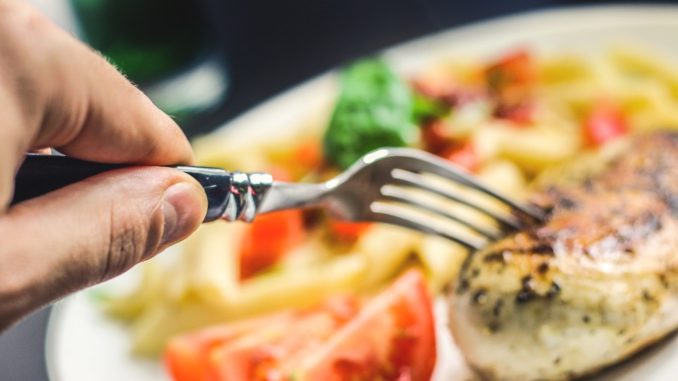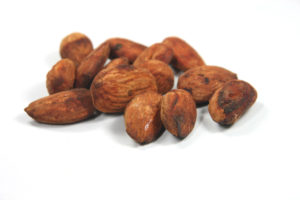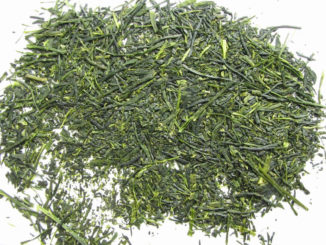
Struggling with hunger and cravings?
Do you find it hard to stop eating?
From nutrient deficiencies to hormonal imbalances and stress, there are several possible reasons you’re always hungry. A diet that’s too low in calories or lacks essential nutrients is often the culprit behind hunger pangs. If you eat enough and still feel hungry, you might have an underlying health issue.
Hidden Causes of Hunger
Many people feel hungry all the time despite eating well. Hunger pangs are often the result of the “grab and run” approach to eating, which has become a way of life in today’s hectic world.
Other possible causes of increased hungry include:
- A diet that’s low in carbs or fats
- Sleep deprivation
- Dehydration
- Magnesium deficiency
- PMS
- Thyroid disorders
The “Hunger” Gene
Recent studies suggest that the “hunger gene” can be passed down from one generation to the next. This is the same gene that may cause obesity in some people.
Researchers agree that genetics definitely play a role in appetite. Your genes influence your food preferences as well as your hunger and satiety hormones, such as ghrelin and leptin. This could explain why some people need more food to feel full than others do.
Another possible cause of increased hunger is emotional eating
How many times have you binged on food just because you were sad, anxious, or depressed?
Many people end up overeating not because they’re hungry, but as a way to cope with their feelings. Stress and daily worries only make things worse. When you’re stressed out, cortisol levels go up. Cortisol, the stress hormone, has a direct impact on appetite.
-
The higher your cortisol levels, the more likely you are to overeat
-
Stress also triggers cravings for sugar and junk food
How to Stop Binge Eating and Curb Your Appetite
The good news is that you have full control over how much you eat. First of all, you must learn to make the difference between hunger and thirst. Many times you may feel hungry just because you’re dehydrated.
Many Dieters Confuse Thirst For Hunger
Drinking more water is the best way to deal with this issue. Water will keep you full longer, curb hunger, and hydrate your body.
Secondly, make sure you follow a balanced diet. Load up on high fiber fruits and veggies, eat lean protein, and consume healthy fats. Avoid any diet that eliminates entire food groups. Get enough fiber to keep hunger in check and prevent insulin spikes.
Increase Your Intake of Healthy Fats
Add more fats to your meals, such as olive oil, avocado, raw nuts, and seeds. These foods contain monounsaturated fats, which help suppress hunger and cravings.
4 Easy Tips To Curb Your Appetite
-
Avoid Distractions During Your Meal
-
Turn Off The TV and Other Electronics Whilst You Are Eating
-
Chew Well and Enjoy Every Bite
-
Get Plenty of Sleep and Try To Reduce The Stress In Your Life
Poor sleep increases the hunger hormone ghrelin levels and affects how your brain processes information to regulate feeding.
Limit Simple Sugars
Also, it’s important to limit simple sugars. Potato chips, chocolate, cookies, and other processed foods contain simple carbs that raise blood glucose levels and mess up your hormones. This leads to quick bursts of energy followed by crashes, which further increases hunger.








Be the first to comment